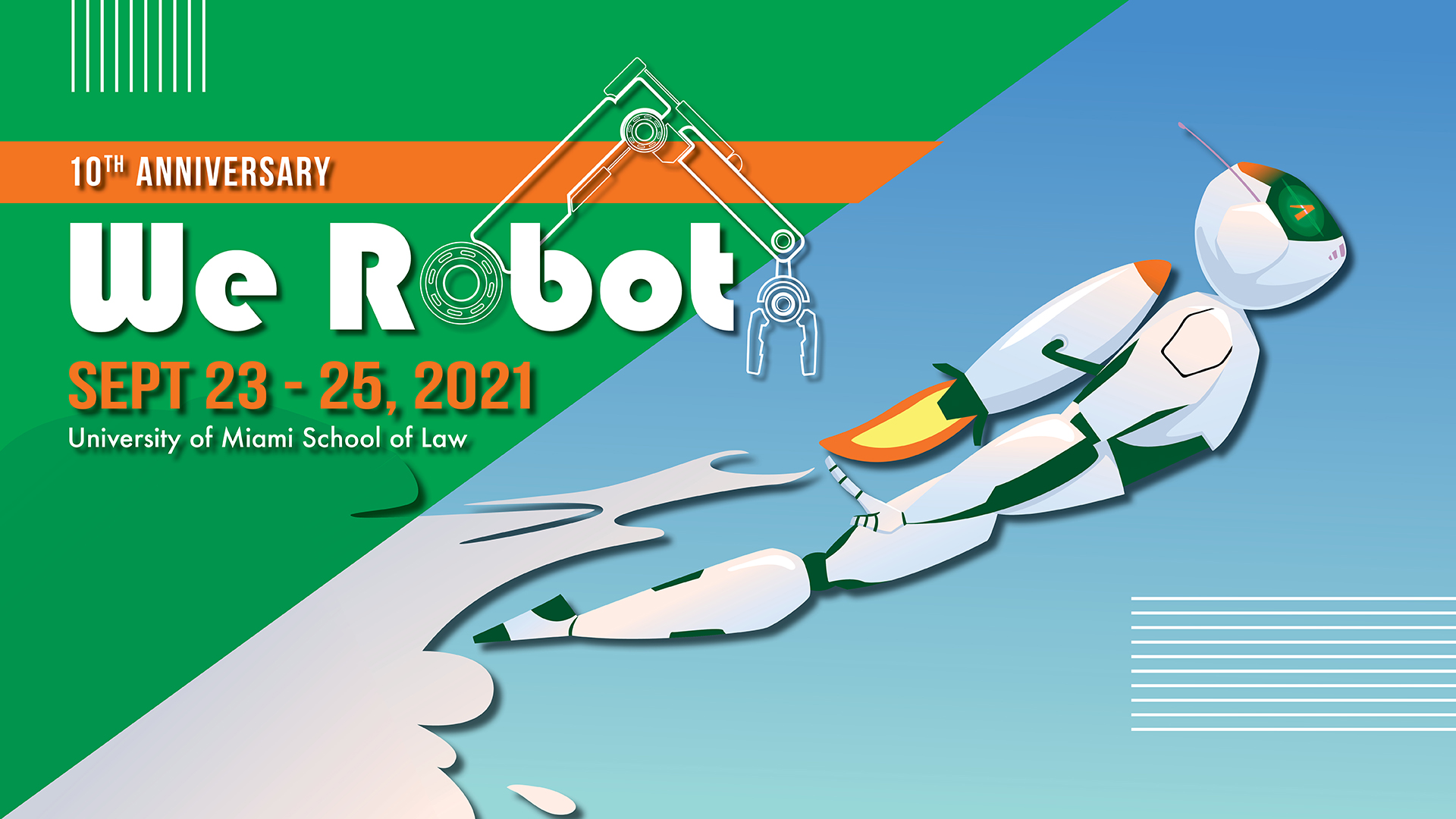
Vicky Charisi
Vicky Charisi, Urs Gasser, Randy Gomez, and Selma Šabanović will present their paper, Social Robots and Children’s Fundamental Rights: A Dynamic Four-Component Framework for Research, Development, and Policy, on Friday, September 24th at #werobot 2021. Veronica Ahumada-Newhart will lead the discussion at 3:45pm.

Urs Gasser
Social robotics now reach vulnerable populations, notably children, who are in a critical period of their development. These systems, algorithmically mediated by Artificial Intelligence (AI), can be used to successfully supplement children’s learning and entertainment because children can effectively and cognitively engage these systems. Demand for social robots that interact with children is likely to increase in the coming years. As a result there are increasing concerns that need to be addressed due to the profound impact that this technology can have on children.

Selma Šabanović
To date, the majority of AI policies, strategies and guidelines make only a cursory mention of children. To help fill this gap, UNICEF is currently exploring approaches to uphold children’s rights in the context of AI and to create opportunities for children’s participation. Robots bring unique opportunities but also robot-specific considerations for children. This combination calls into question how existing protection regimes might be applied; at present it remains unclear what the rules for children’s protection relating to their interaction with robots should look like.

Veronica Ahumada-Newhart (discussant)
Children dynamically and rapidly develop through social interactions, and evidence shows that they can perceive robots as part of their social groups, which means that robots can affect their development. However, the lack of AI literacy and relevant skills that would support children’s critical reflection towards robotic technology is currently missing from the majority of formal educational systems. This paper will elaborate on the development of a dynamic framework which will identify the key risks and opportunities for robot adoption for children, the key actors, and a set of operationable actions that might support future implications of robots for children.
